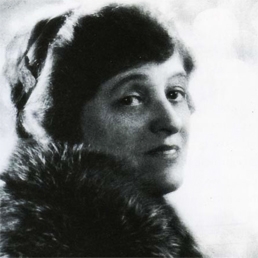
The House of Mirth (1905) by Edith Wharton centers on Lily Bart, a woman who is disempowered by society but tries to use her femininity to get what she wants. In that sense, the plot evokes the question so famously posed by Audre Lorde: Can the master's tools be used to dismantle the master's house? Although I agree with Lorde's anti-racist critique of feminism, I have never quite made up my mind about the usefulness of this metaphor: isn't it possible that a house could be dismantled using the same tools that built it, even if those tools were not meant to be used for that purpose?
Those who find Lily Bart unlikeable or weak or think the story is out of date may not view marriage as an economic institution or identify with the plight of a woman who is at the mercy of her reputation, which often determines her relationships to the men in her life. I sympathized with her situation and felt great empathy for her failed struggle to overcome her material circumstance.
The House of Mirth is a study of manners and a critique of society. In that sense it is about power. Wharton wrote with excellence and command and at times this book is amazingly hilarious. I also found it extremely sad and depressing. It kept me up late one night crying and crying and crying in some kind of recognition of eternal female suffering. As fake and superficial and ridiculous as Lily Bart is, I felt the sadness of her life as totally real. The ending is unbearable.
This is as good if not better than anything I've read by Jane Austen or the Bronte sisters. It takes place in 1890's New York. Highly recommended.

No comments:
Post a Comment